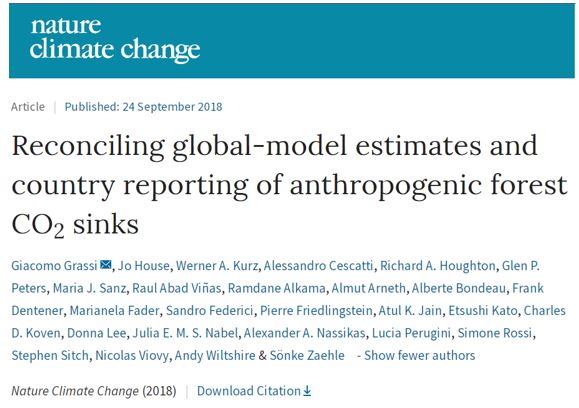Próximos eventos
There are no upcoming events.
Subscribete a nuestra lista de email
Diseminación
Diseñado para diseminar y divulgar información rigurosa en el cambio climático
Formación y Desarrollo de Capacidades
Actividades para promover los avances científicos
Educación científica y conciencia pública
Creación de conciencia sobre el cambio climático en el País Vasco
- Science Education
- Conciencia pública
- · Noticias






